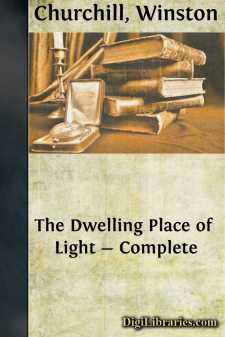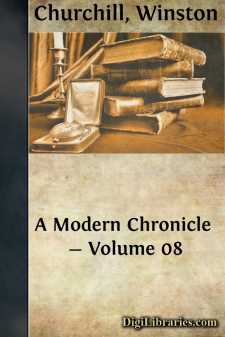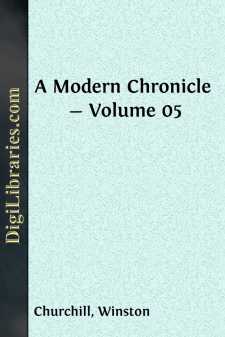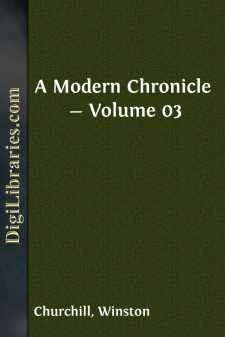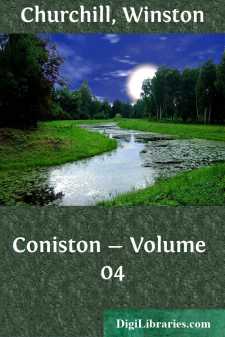Categories
- Antiques & Collectibles 13
- Architecture 36
- Art 48
- Bibles 22
- Biography & Autobiography 813
- Body, Mind & Spirit 142
- Business & Economics 28
- Children's Books 15
- Children's Fiction 12
- Computers 4
- Cooking 94
- Crafts & Hobbies 4
- Drama 346
- Education 46
- Family & Relationships 57
- Fiction 11828
- Games 19
- Gardening 17
- Health & Fitness 34
- History 1377
- House & Home 1
- Humor 147
- Juvenile Fiction 1873
- Juvenile Nonfiction 202
- Language Arts & Disciplines 88
- Law 16
- Literary Collections 686
- Literary Criticism 179
- Mathematics 13
- Medical 41
- Music 40
- Nature 179
- Non-Classifiable 1768
- Performing Arts 7
- Periodicals 1453
- Philosophy 64
- Photography 2
- Poetry 896
- Political Science 203
- Psychology 42
- Reference 154
- Religion 513
- Science 126
- Self-Help 84
- Social Science 81
- Sports & Recreation 34
- Study Aids 3
- Technology & Engineering 59
- Transportation 23
- Travel 463
- True Crime 29
The Dwelling Place of Light - Complete
Categories:
Description:
Excerpt
CHAPTER I
In this modern industrial civilization of which we are sometimes wont to boast, a certain glacier-like process may be observed. The bewildered, the helpless—and there are many—are torn from the parent rock, crushed, rolled smooth, and left stranded in strange places. Thus was Edward Bumpus severed and rolled from the ancestral ledge, from the firm granite of seemingly stable and lasting things, into shifting shale; surrounded by fragments of cliffs from distant lands he had never seen. Thus, at five and fifty, he found himself gate-keeper of the leviathan Chippering Mill in the city of Hampton.
That the polyglot, smoky settlement sprawling on both sides of an historic river should be a part of his native New England seemed at times to be a hideous dream; nor could he comprehend what had happened to him, and to the world of order and standards and religious sanctions into which he had been born. His had been a life of relinquishments. For a long time he had clung to the institution he had been taught to believe was the rock of ages, the Congregational Church, finally to abandon it; even that assuming a form fantastic and unreal, as embodied in the edifice three blocks distant from Fillmore Street which he had attended for a brief time, some ten years before, after his arrival in Hampton. The building, indeed, was symbolic of a decadent and bewildered Puritanism in its pathetic attempt to keep abreast with the age, to compromise with anarchy, merely achieving a nondescript medley of rounded, knob-like towers covered with mulberry-stained shingles. And the minister was sensational and dramatic. He looked like an actor, he aroused in Edward Bumpus an inherent prejudice that condemned the stage. Half a block from this tabernacle stood a Roman Catholic Church, prosperous, brazen, serene, flaunting an eternal permanence amidst the chaos which had succeeded permanence!
There were, to be sure, other Protestant churches where Edward Bumpus and his wife might have gone. One in particular, which he passed on his way to the mill, with its terraced steeple and classic facade, preserved all the outward semblance of the old Order that once had seemed so enduring and secure. He hesitated to join the decorous and dwindling congregation,—the remains of a social stratum from which he had been pried loose; and—more irony—this street, called Warren, of arching elms and white-gabled houses, was now the abiding place of those prosperous Irish who had moved thither from the tenements and ruled the city.
On just such a street in the once thriving New England village of Dolton had Edward been born. In Dolton Bumpus was once a name of names, rooted there since the seventeenth century, and if you had cared to listen he would have told you, in a dialect precise but colloquial, the history of a family that by right of priority and service should have been destined to inherit the land, but whose descendants were preserved to see it delivered to the alien. The God of Cotton Mather and Jonathan Edwards had been tried in the balance and found wanting....


